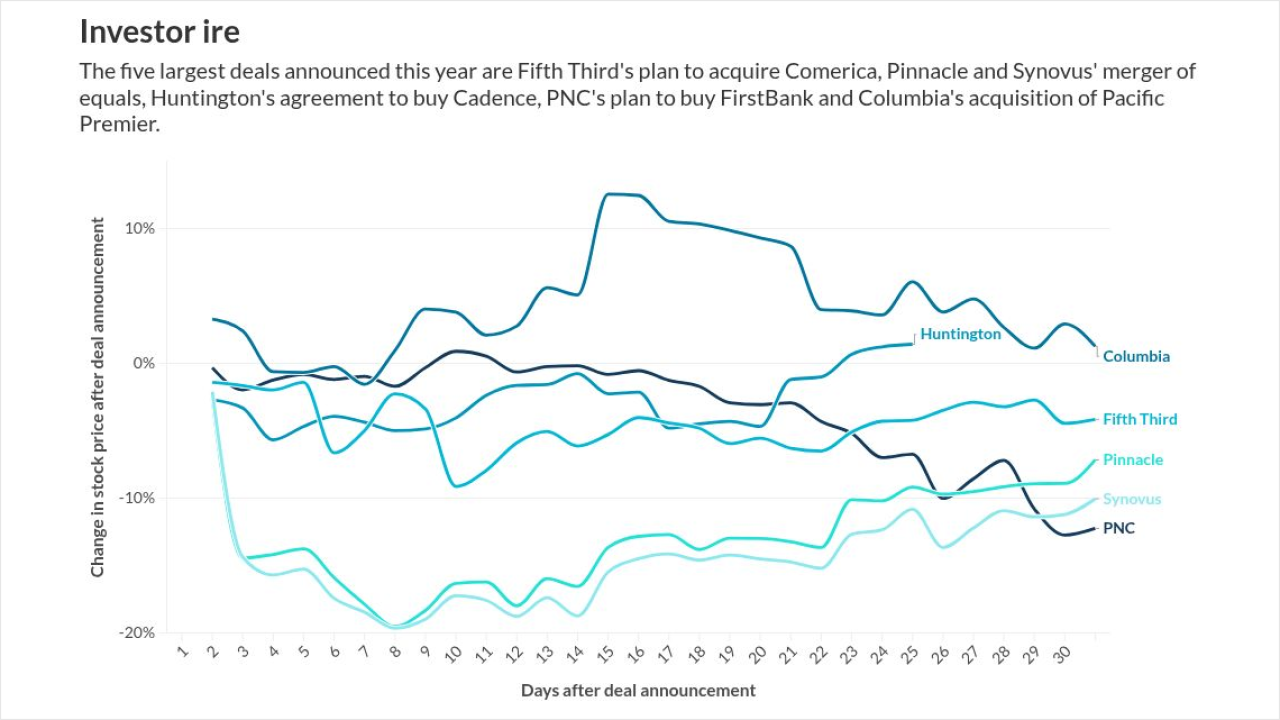-
The prepaid card issuer issued conflicting statements in recent weeks as customers complained that they were unable to access their funds.
June 1 -
The agency posted its semiannual rulemaking agenda
on a blog late Wednesday updating the next steps it will take on several areas of rulemaking. The CFPB expects to issue rules for prepaid reloadable cards, mortgage servicing and mortgage disclosures this summer but set no specific deadlines yet on overdraft and debt collection.May 19 -
The prepaid card industry is ramping up its advocacy efforts on Capitol Hill as the Consumer Financial Protection Bureau readies a final rule targeting such products.
April 25
In today's economy, cash is no longer king. Financial inclusion increasingly depends on access to technology-based payment options. As a result, consumers are turning to prepaid card products to participate in a card-based economy and to control their spending. Unfortunately,
For the nearly 68 million unbanked or
Without a doubt, consumers deserve full disclosure of the terms and conditions of any product they are purchasing. Additionally, any card that functions as a replacement for a traditional bank account should provide similar protections to payroll cards under Regulation E, including error resolution and limitations on liability. However, it is also critical that regulations are implemented in a way that does not restrict consumer access by creating such insurmountable hurdles that card providers can no longer do business.
For instance, it is unclear how the CFPB would treat so-called "force pay" transactions. An example of this is when a gas pump pre-authorizes a nominal amount to confirm card validity. The settled transaction for the total purchase amount could then inadvertently overdraw the account. A lack of clarity in the CFPB rule could open up such transactions to regulatory violations, which would make it harder for consumers to use their cards. Additionally, onerous annual disclosure updating requirements and impossible compliance deadlines could drive some providers from the market completely.
Curtailing prepaid card availability is a serious concern with the rule on prepaid accounts currently being deliberated by the CFPB. In fact, Senate Banking Committee Chairman Richard Shelby spoke to concerns over regulations that restrict important consumer access at a
The sad reality is that consumers' options have already been limited significantly by overregulation. Regulations are forcing banks to raise prices and fees on checking accounts, and as a result, the availability of free checking has significantly
Our industry is proud to serve those consumers for whom prepaid fills a need, either as their only financial product or as a supplement to others. Indeed, prepaid is not used solely by unbanked and underbanked consumers. Cards come in a variety of types, each with different functionalities and benefits. As a result, millennials, baby boomers, college students, hourly workers, gift givers and parents turn to a variety of products, such as GPR cards, student cards, payroll cards and gift cards. In fact, the
Thanks in part to their usage, as well as the popularity across several other demographics, prepaid is growing at a rapid pace. Estimated card loads have increased by more than
With any rapidly growing industry, regulation is an expected and important part of doing business. However, many consumers are well aware of the potential negative impact of the pending rulemaking and have weighed in with the CFPB through comments on the proposed rule, describing the important role prepaid cards have played in their lives.
One consumer
Earlier this year, CFPB Director Richard Cordray even spoke to the importance of the availability of prepaid cards as an alternative to checking accounts. In a
It has been more than four years since the CFPB released its "advance notice of proposed rulemaking" that announced the bureau's intention to implement regulations on prepaid accounts. Hopefully, the length of the rulemaking process has given the CFPB ample time to balance the need for both consumer protection and consumer access.
Prepaid card products are a critical financial tool for millions of Americans, offering safe and affordable access to our digital economy. As an industry, we exhort Director Cordray to take his own comments as well as those from numerous consumers into serious consideration and ensure the impact and scope of the forthcoming prepaid rule do not ultimately leave fewer financial options.
Brad Fauss is the president and CEO of the Network Branded Prepaid Card Association.





